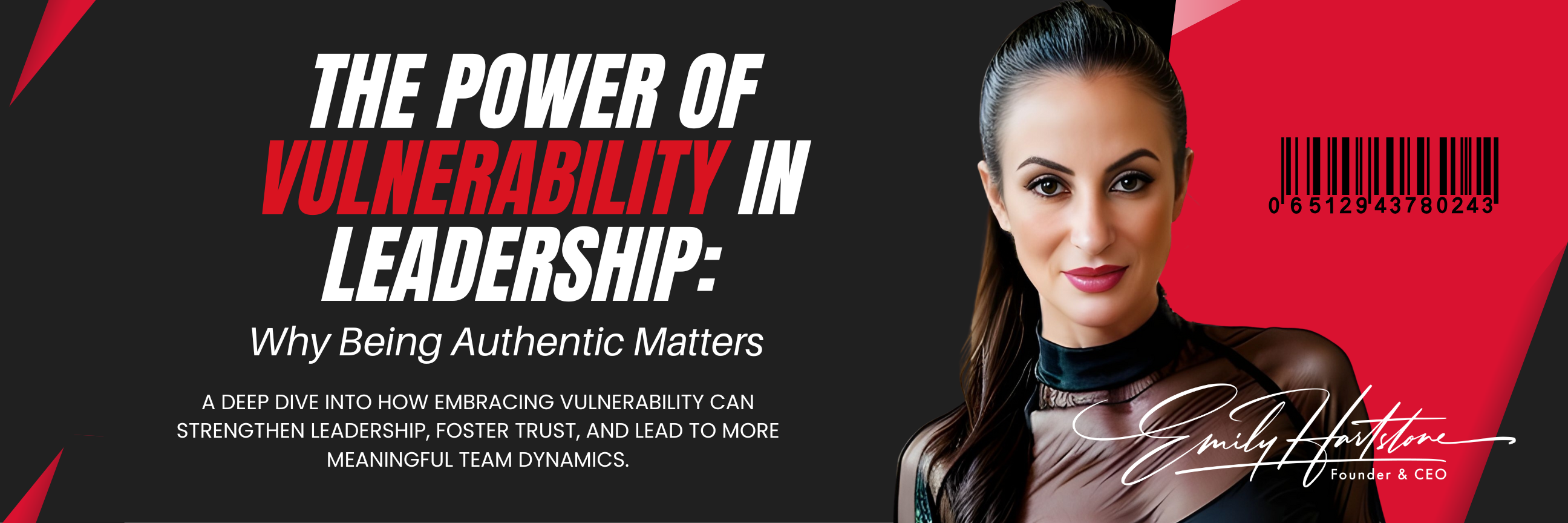
The business landscape is rapidly evolving, and the skills required to effectively lead teams and drive organizational success are changing as well. One area that is becoming increasingly critical for today’s leaders is emotional intelligence (EQ). As the demands on business leaders continue to grow, the ability to understand, manage, and leverage emotions is proving to be a differentiating and essential competency.
Emotional intelligence is defined as the capacity to recognize, understand, manage, and reason with emotions. For leaders, this means possessing self-awareness to monitor their own feelings and behaviors, as well as social awareness to empathize with and motivate their teams. Emotionally intelligent leaders are able to create an environment of trust, foster open communication, and inspire their employees to achieve greater levels of performance and fulfillment.
“In our fast-paced, highly competitive business world, the leaders who will thrive are those who can skillfully navigate the human dynamics within their organizations,” says Emily Hartstone, a renowned leadership development expert. “Exceptional technical skills are no longer enough – today’s top executives must also demonstrate strong EQ to bring out the best in their people and guide their companies to long-term success.”
The Importance of Emotional Intelligence in Leadership
Emotional intelligence is a vital leadership skill for several key reasons:
- Improved Employee Engagement and Retention Emotionally intelligent leaders are able to create positive work environments where employees feel understood, valued, and motivated. This leads to higher levels of engagement, productivity, and retention – all critical factors for organizational success.
- Enhanced Adaptability and Change Management Leaders with strong EQ are better equipped to navigate uncertainty and guide their teams through periods of transition. They can anticipate emotional reactions, communicate empathetically, and introduce change in a way that minimizes resistance.
- Better Decision-Making Emotions play a significant role in the decision-making process. Emotionally intelligent leaders are able to recognize and manage their own biases, as well as consider the emotional impacts of their choices on stakeholders.
- Stronger Collaborative Relationships Emotional intelligence fosters more authentic, trusting relationships both within the organization and with external partners. This collaborative mindset enables leaders to draw upon diverse perspectives, align teams, and achieve superior outcomes.
Developing Emotional Intelligence in Leadership
Given the growing importance of emotional intelligence, organizations must prioritize cultivating this competency in their current and future leaders. This can be achieved through targeted training programs, executive coaching, and creating a culture that values self-awareness and interpersonal skills.
“Investing in the development of emotional intelligence is one of the most impactful ways that businesses can future-proof their leadership pipeline,” says Hartstone. “Those who make this a strategic priority will be best positioned to navigate the complex challenges ahead and inspire their teams to reach new heights of innovation and performance.”
As the business world continues to evolve, the leaders who will rise to the top will be those who can masterfully blend technical expertise with the ability to understand, manage, and leverage human emotions. By embracing emotional intelligence, today’s executives can transform the way they lead, create more engaging work environments, and deliver sustainable, long-term success for their organizations.
Book a Call with Emily









